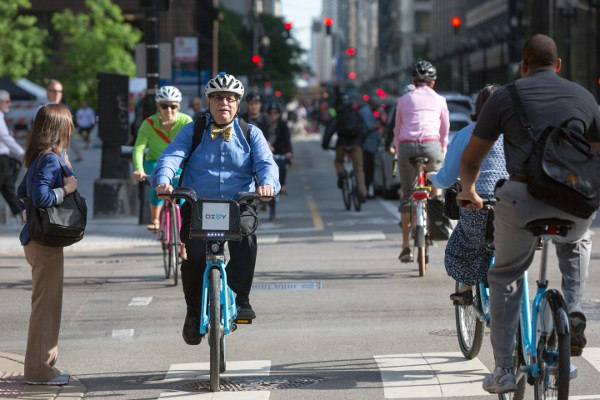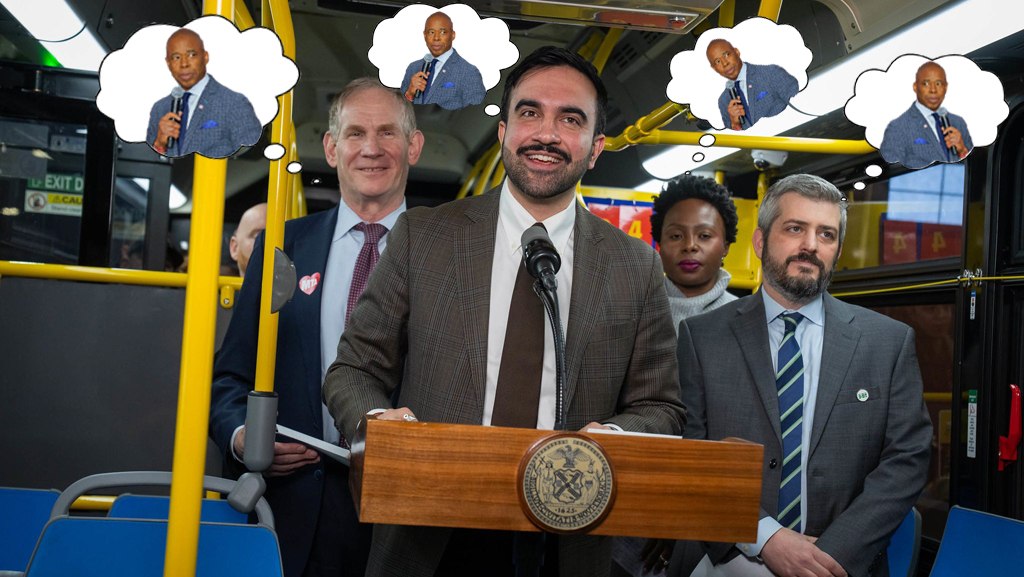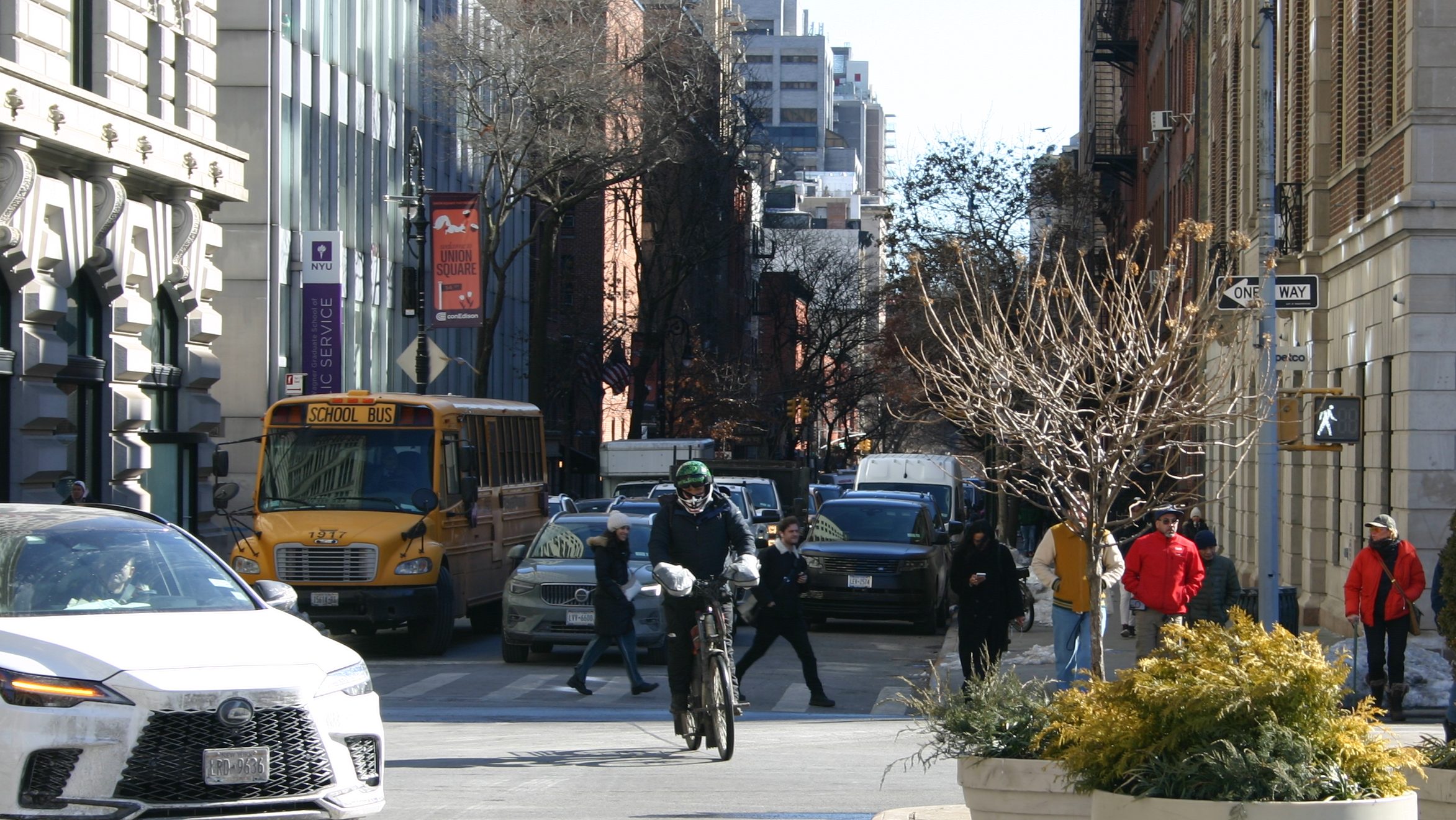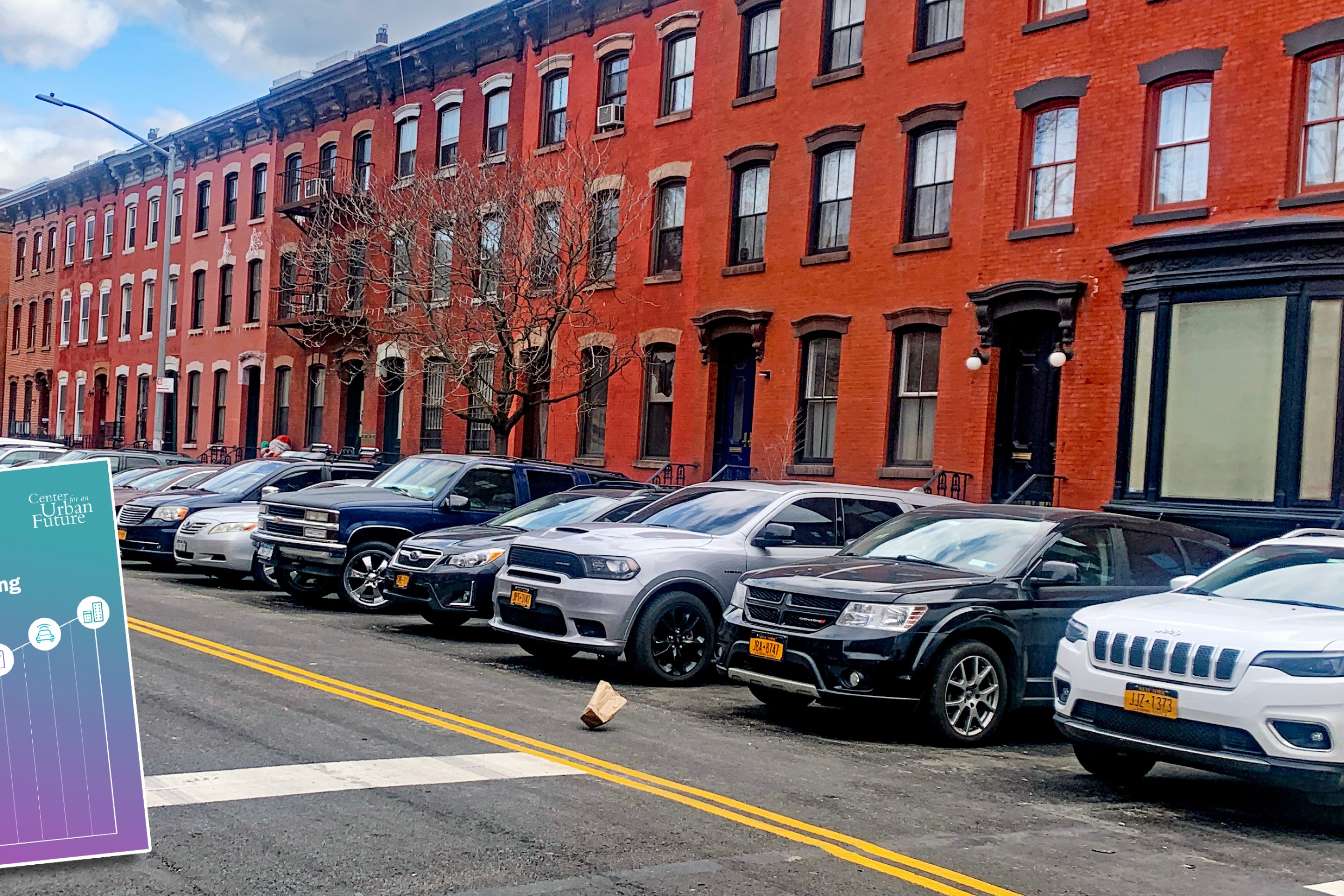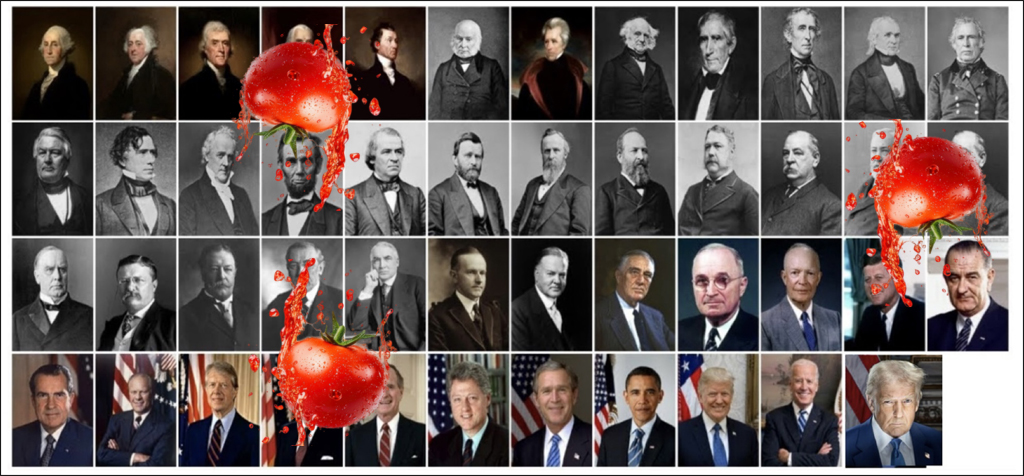If you tuned into the Super Bowl last night, you witnessed the full force of the automotive industry's marketing power.
For upwards of $5 million per 30 seconds of air time, car companies told us how their products won't just carry us around, but will satisfy deep, spiritual needs. They said cars let us commune with nature, give men eternal youth, and make us more generous and public-spirited, as demonstrated by that Dodge Ram ad obscenely dubbed to portions of Dr. Martin Luther King's "Drum Major Instinct" sermon.
Is there any yearning that can't be satisfied by dropping $45,000 on a Ford Expedition?
The pitches have to hit register on an emotional level to hide the fact that, as Dan Savage wrote a few years ago, "Driving is just sitting on your ass." So they show us breathtaking views of mountain ranges, not the everyday experience of sitting in traffic, listening to other people in cars honk their horns.
Getting around under the power of your own body and spirit can be a different thing entirely. In a recent essay in the New York Times, Elaisha Stokes wrote about how getting around NYC on a bicycle helped her find strength to keep going through a tough divorce.
The piece resonated with Addison Wilhite at the Reno Rambler, who describes the experience of biking through an emotional crisis:
On a bike, alone, you are forced to be in your own head which has served me well whether deliberating over something in my life that is causing emotional angst, or in thinking about what I might do in my classroom on a given day. I've often said some of my best teaching ideas have come to me via the inspiration of the wind in my face, and the exertion's effects on my mind, while commuting to work. Being nimble and spontaneous enough to be open to those inspirations has been a key to my professional success.
There is also a dark side to the forced seclusion of riding a bike alone when dealing with some sort of emotional turmoil. I remember clearly about 16 years ago going through serious emotional pain at the same time that I had signed up and was training for the Death Ride. The amount of hours you have to put in to train for such an event insured many solo rides and many miles. And virtually every time I got on the bike my mind always seemed to go back and fixate on the root cause of my emotional angst. I believe in confronting issues but sometimes the psychological toll of so many hours of obsessing over the problem was not healthy. A group, or social ride, would have been a good release from this obsessive suffering, yet it can be pretty difficult to find someone willing to engage in the sufferfest of 4 or five hours up and down mountains. In hindsight, the obvious solution would have been to not do the Death Ride and thus avoid the pain. But it was a point of pride and physical challenge that perhaps I needed to put myself through to emerge on the other side, hopefully as a better, more empathetic, caring person.
You probably couldn't make a commercial out of that experience. But how many people can say their SUV made them a more empathetic person?
More recommended reading today: Human Transit says Uber's latest financial loss is further proof that ride-hailing apps haven't fundamentally altered the economics of urban transportation. And Slate reports that self-driving cars still aren't good at detecting cyclists.
